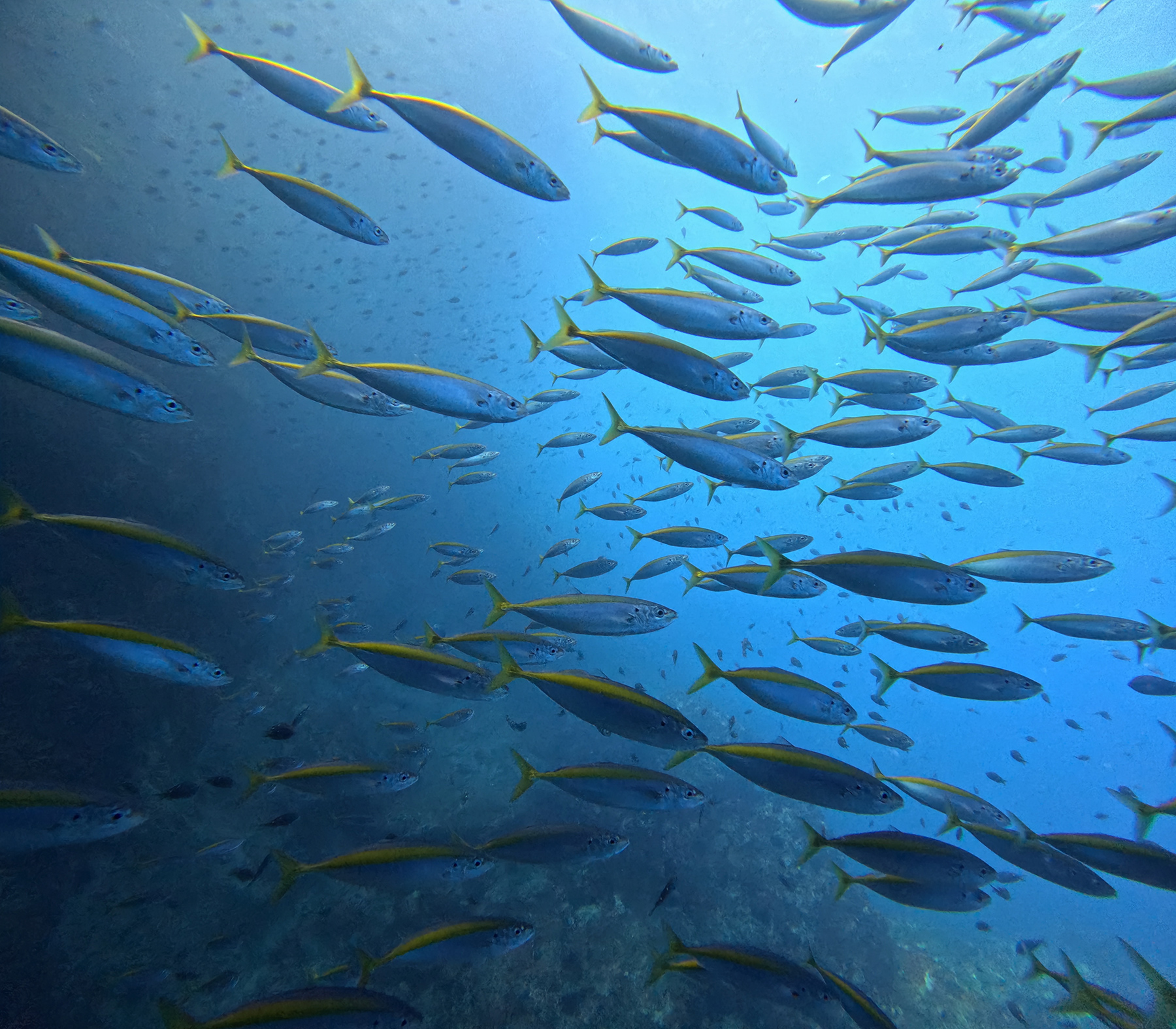LegaSea newsletters FAQs
All FAQs |
Customary Fisheries | Fisheries Management | maximum sustainable yield | QMS | Economics | Fishing | Rescue Fish | Environment | Fishing methods | Recreational Fishing | Fishcare | customary | Kahawai | Reform scam | Baitfish | Scallops | Crayfish | WRC decision | Marlin | Reef fish | Deemed value penalties | Judicial Review
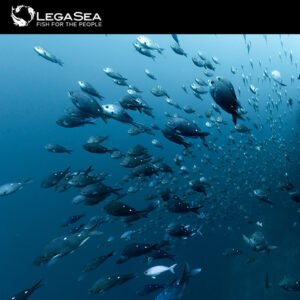 February 20, 2026
In case you missed it, there’s a Fisheries Amendment Bill (scam) working its way through the system right now, and while it might sound technical, we aim to break it down into tangible, understandable bites for you. Over the coming weeks, we’ll be unpacking key parts of it, starting with deemed value penalties. On paper, ... Read more.
February 20, 2026
In case you missed it, there’s a Fisheries Amendment Bill (scam) working its way through the system right now, and while it might sound technical, we aim to break it down into tangible, understandable bites for you. Over the coming weeks, we’ll be unpacking key parts of it, starting with deemed value penalties. On paper, ... Read more.
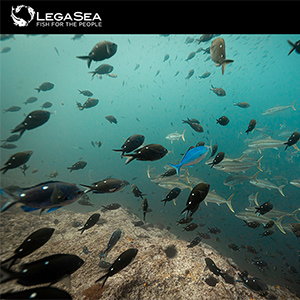 February 5, 2026
If you’ve been with us a while, you’ll know LegaSea doesn’t exist to make noise for the sake of it. We exist because New Zealand’s fisheries matter, because access to our kaimoana matters, and because abundance doesn’t come from wishful thinking or political lobbying. It comes from effective management that puts ecosystems first. It comes ... Read more.
February 5, 2026
If you’ve been with us a while, you’ll know LegaSea doesn’t exist to make noise for the sake of it. We exist because New Zealand’s fisheries matter, because access to our kaimoana matters, and because abundance doesn’t come from wishful thinking or political lobbying. It comes from effective management that puts ecosystems first. It comes ... Read more.
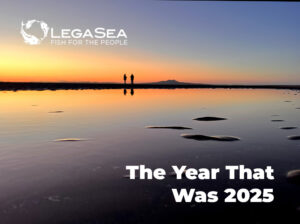 January 29, 2026
2025 was a big year – busy, demanding, and full of hairy moments that reminded us why your support matters. From regional fisheries issues to national campaigns, from policy rooms to fishing clubs and on and in the water, the year was about the same goal we keep coming back to: healthier oceans, fairer access, ... Read more.
January 29, 2026
2025 was a big year – busy, demanding, and full of hairy moments that reminded us why your support matters. From regional fisheries issues to national campaigns, from policy rooms to fishing clubs and on and in the water, the year was about the same goal we keep coming back to: healthier oceans, fairer access, ... Read more.
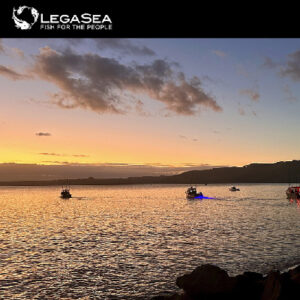 January 16, 2026
It’s been a full-on period in the world of fisheries management, with some big moments worth acknowledging and some serious warning signs we can’t ignore. In this update, we cover a genuine win for marlin, with public pressure helping keep them out of the commercial system. But we also dig into the dumping footage that’s ... Read more.
January 16, 2026
It’s been a full-on period in the world of fisheries management, with some big moments worth acknowledging and some serious warning signs we can’t ignore. In this update, we cover a genuine win for marlin, with public pressure helping keep them out of the commercial system. But we also dig into the dumping footage that’s ... Read more.
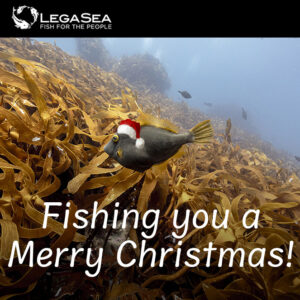 December 20, 2025
As we wrap up the year and head into a well-earned break, the LegaSea team want to say thanks for standing with us. It’s been a massive twelve months – fisheries reform fights, marlin proposals, protests, submissions, and a whole lot of noise made in defence of our oceans.
December 20, 2025
As we wrap up the year and head into a well-earned break, the LegaSea team want to say thanks for standing with us. It’s been a massive twelve months – fisheries reform fights, marlin proposals, protests, submissions, and a whole lot of noise made in defence of our oceans.
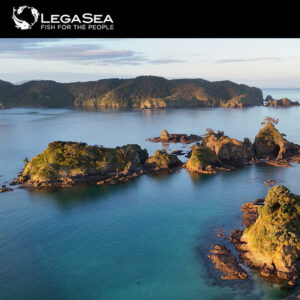 December 10, 2025
Thank you to everyone who spoke up for marlin and our vulnerable reef species. More than 22,000 people took the time to make a submission, which is significant for an issue that should never have been pushed this close to the line. Your support, your voice, and the donations that came with it genuinely matter. ... Read more.
December 10, 2025
Thank you to everyone who spoke up for marlin and our vulnerable reef species. More than 22,000 people took the time to make a submission, which is significant for an issue that should never have been pushed this close to the line. Your support, your voice, and the donations that came with it genuinely matter. ... Read more.
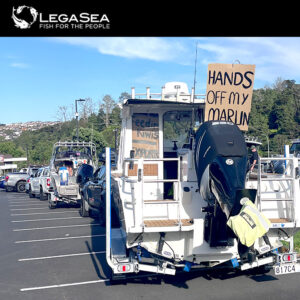 November 26, 2025
MAKE A SUBMISSION ON THE COMMERCIALISATION OF MARLIN AND 19 REEF FISH SPECIES NOW! We need your help. The government has proposed to let commercial fishers keep and sell marlin by-catch that arrive to the boat dead. Marlin in New Zealand waters have been a non-commercial species since the 1990s, protected to support the coastal ... Read more.
November 26, 2025
MAKE A SUBMISSION ON THE COMMERCIALISATION OF MARLIN AND 19 REEF FISH SPECIES NOW! We need your help. The government has proposed to let commercial fishers keep and sell marlin by-catch that arrive to the boat dead. Marlin in New Zealand waters have been a non-commercial species since the 1990s, protected to support the coastal ... Read more.
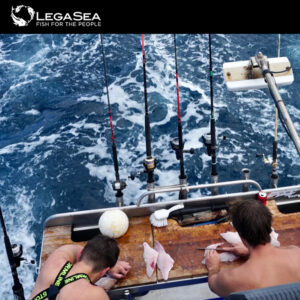 November 20, 2025
This month feels like a turning point. The push to commercialise marlin has taken centre stage, a reminder of how quickly protections can be chipped away and how easily history can repeat itself if we let it. Alongside that, the government’s wider regulatory package has arrived, packed with 19 proposals that tilt the balance even ... Read more.
November 20, 2025
This month feels like a turning point. The push to commercialise marlin has taken centre stage, a reminder of how quickly protections can be chipped away and how easily history can repeat itself if we let it. Alongside that, the government’s wider regulatory package has arrived, packed with 19 proposals that tilt the balance even ... Read more.
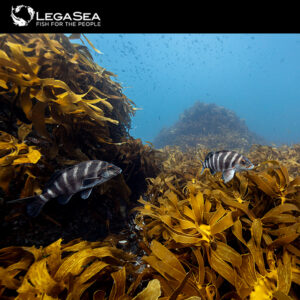 November 7, 2025
There are some things that are just plain wrong. Just like the government’s latest proposals to open our marlin and 19 reef fish, including red moki and boarfish, to commercial exploitation. We are not going to stand by. We’re fighting for our most valued species, before the government hands over even more of our fish ... Read more.
November 7, 2025
There are some things that are just plain wrong. Just like the government’s latest proposals to open our marlin and 19 reef fish, including red moki and boarfish, to commercial exploitation. We are not going to stand by. We’re fighting for our most valued species, before the government hands over even more of our fish ... Read more.
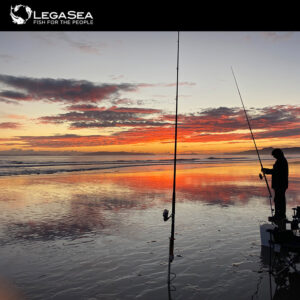 October 28, 2025
Labour Weekend always feels like the start of summer – the unofficial kick-off to fishing season across NZ. The days get longer, the water warms up, and Kiwis start planning those early missions out wide. Before it all gets into full swing, it’s worth taking a moment to check your gear. Make sure your lifejackets ... Read more.
October 28, 2025
Labour Weekend always feels like the start of summer – the unofficial kick-off to fishing season across NZ. The days get longer, the water warms up, and Kiwis start planning those early missions out wide. Before it all gets into full swing, it’s worth taking a moment to check your gear. Make sure your lifejackets ... Read more.











